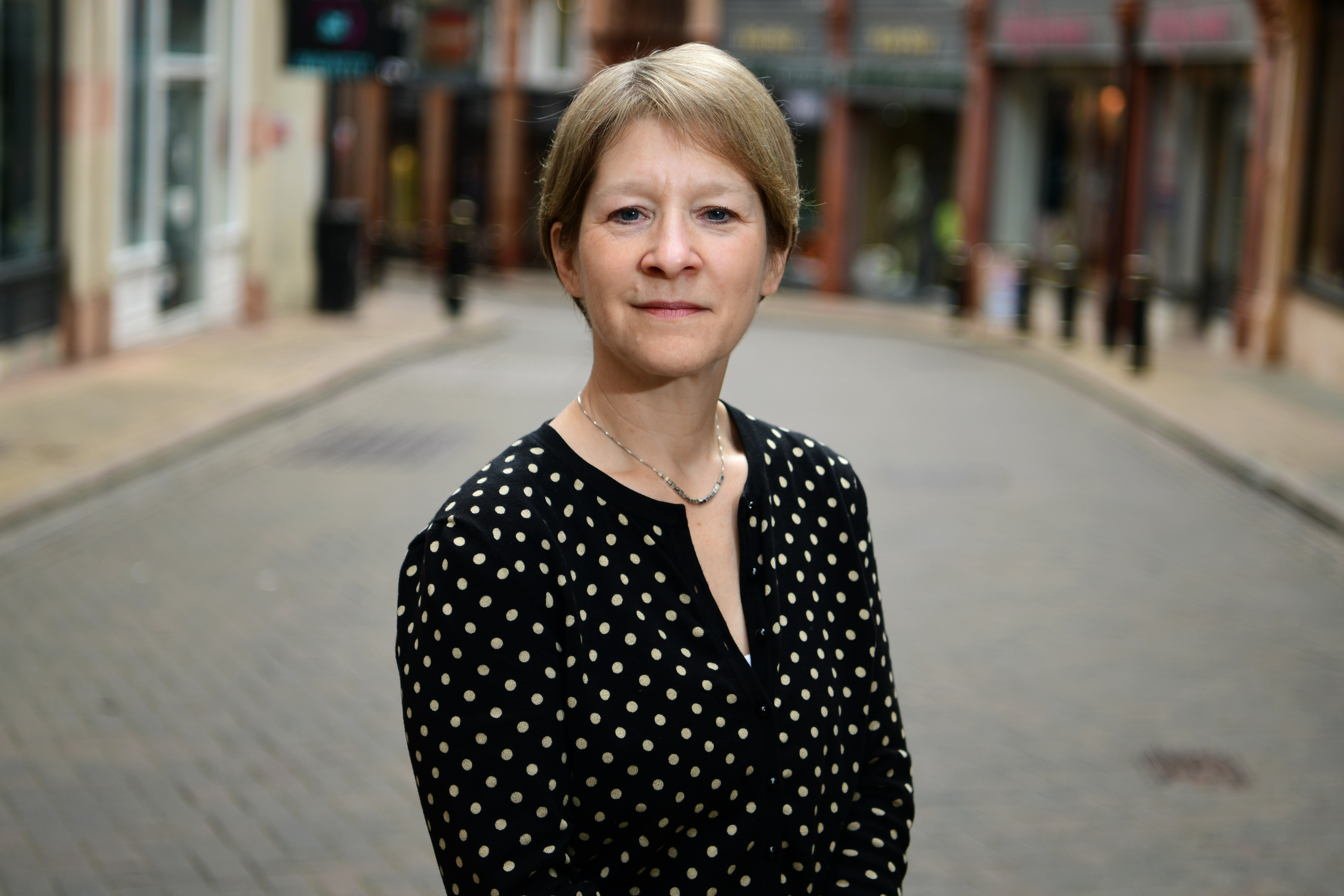The British Business Bank is the UK’s economic development bank. Underpinning their work to improve access to finance for smaller businesses is support for those businesses to transition to net zero.
Access to the right finance options is imperative to meeting climate action goals and research has shown many small businesses are struggling to make vital changes.
Here, we catch up with Susan Elliott, Senior Manager in the UK Network at the British Business Bank, ahead of her appearance as panellist at the Kent and Medway Business Summit to find out about their work in this important area of enterprise…
‘The British Business Bank’s remit is to support small businesses to access the finance they need to prosper and grow,’ explains Susan who is one of the local British Business Bank experts based in every Nation and region of the UK.
Susan works across the South East to strengthen relationships and collaborate with business advisers, funding providers, universities and others. ‘Our role is to gather insights about smaller businesses’ experiences when accessing finance and understand gaps in the finance markets that can benefit small businesses including those to help reach climate action goals.’
Despite the name, the British Business Bank does not lend or invest directly, instead it works with over 200 delivery partners who, because of the Bank’s support, can lend or invest more to smaller businesses across the UK.
While recognising that business resilience and managing current economic conditions is a priority for smaller businesses, the pressing issue of climate change and the transition to net zero is a priority for the British Business Bank.
The British Business Bank’s research report, Smaller businesses and the transition to net zero, highlights the potential collective influence of UK smaller businesses and the considerable contribution they could make to wider net zero objectives if they all made changes to reduce their carbon footprint.
‘Smaller businesses account for 50% of UK business emissions. While one individual small business might not feel like they can make much difference, if we can facilitate businesses taking the right steps to change how they operate, that’s a great step forward,’ points out Susan.

Susan explains: ‘Many small business owners are trying to become more sustainable but aren’t aware of the value of small and simple changes. By providing sustainability tools and calculators for example, we can encourage business owners to understand their current position and ask themselves questions about vehicle usage, single use plastic and other packaging, energy and water usage and how environmentally friendly are their suppliers?’
‘The key is to make change without impacting too much on the already challenging business environment we face today.’
The British Business Bank’s research found over three in four businesses (76%) are yet to implement comprehensive decarbonisation strategies, capabilities and action. One example of this is that just 3% of smaller businesses surveyed say they have measured their carbon footprint in the past five years and subsequently set an emissions reduction target.
However, it is encouraging to see that the vast majority (94%) say they have taken at least one action to reduce their emissions, though they tended to be low-effort ones, such as installing a smart meter.
Overall, the most common motive for taking action, mentioned by just over half (51%) of businesses, was that it ‘made financial sense’, speaking to the need to align net zero and financial objectives for businesses in the transition.
The research found that smaller businesses identified more than 20 barriers preventing action on net zero, demonstrating the complexity in addressing the issues on a wide scale and the need for tailored approaches.
Some common themes have emerged, however – more than a third (35%) of smaller businesses cited costs as a barrier for reducing carbon emissions, particularly upfront capital costs (21%), followed by feasibility (32%), such as lack of control due to tenancy agreements or lack of an appropriate technology. Over one in ten (12%) said that lack of information was preventing them from action.
Of her appearance at the Kent and Medway Business Summit, Susan remarks: “The event is a great way for us to reach small business owners across the region in one place as well as those who support and fund these businesses, to explain and present what the Bank does and how we are here to help drive sustainable growth in a way that works for them.
‘I hope to help those at the Summit know where to find more information when seeking information about carbon reduction or access finance to develop new products, services and technologies that will help businesses make positive changes towards the transition to net zero.’


If you want to start a business and need a multiple discount deals so you can visit our website
The revelation from the Summit Panellist that smaller firms contribute to 50% of UK business emissions is a stark reminder of the environmental impact across businesses of all sizes. Addressing emissions from smaller firms becomes crucial for overall sustainability efforts. This insight underscores the need for targeted strategies, collaboration, and awareness campaigns to empower smaller businesses in adopting eco-friendly practices. It’s a call to action for a collective effort in achieving a greener and more sustainable business landscape in the UK.